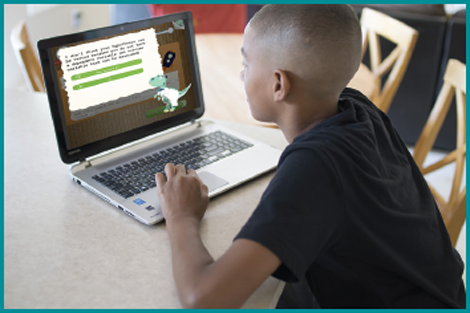Rutgers Professor Janice Gobert asks us to imagine two science students working on the same science problem in the same class at the same time. One has a clear understanding of how to do an experiment to test scientific hypotheses but has trouble expressing what he knows in words. The other student doesn’t understand the science phenomenon or how to do an experiment but has read the material and memorized the right answer, so he can parrot it back in writing.
Gobert, a professor of learning sciences in the Graduate School of Education at Rutgers University-New Brunswick, notes that 30 to 50 percent of students can be in one of those situations. She worries that neither of these students will get very far in science courses or in a scientific or technological profession.
“We’re off-shoring jobs in science and technology because we have a scientifically illiterate populace,” she said. “Often, teachers who lack the appropriate resources for science instruction and assessment default to teaching to the high-stakes test with multiple choice items that cannot validly assess how different students are learning. That’s why we’re in this situation in the first place.”
Gobert’s solution is Inq-ITS, a science-learning platform with data-mined algorithms for which she and her colleagues recently received two U.S. patents. The idea behind Inq-ITS is not to teach students rote facts about science, but rather how to do science, in line with the Next Generation Science Standards (NGSS) that have been adopted or adapted by more than 40 states and the District of Columbia. Gobert is the co-founder of Apprendis, the company commercializing Inq-ITS.The NGSS requires teachers to integrate science practices into their teaching, to get students to form testable questions, gather data through experiments, analyze the results, and communicate findings. Inq-ITS engages students in these science tasks in real time by having them create a testable hypothesis, then gather data, set up the experiment and virtually carry it out. Its companion piece, Inq-Blotter, is the teacher’s real time “window” into students’ competencies and their specific struggles with inquiry. It provides teacher with actionable alerts to support students as they learn.
Gobert says Inq-ITS has been trialed in more than 20 states, the Netherlands and Belgium. “We’re moving from trials to sales now,” she said.




